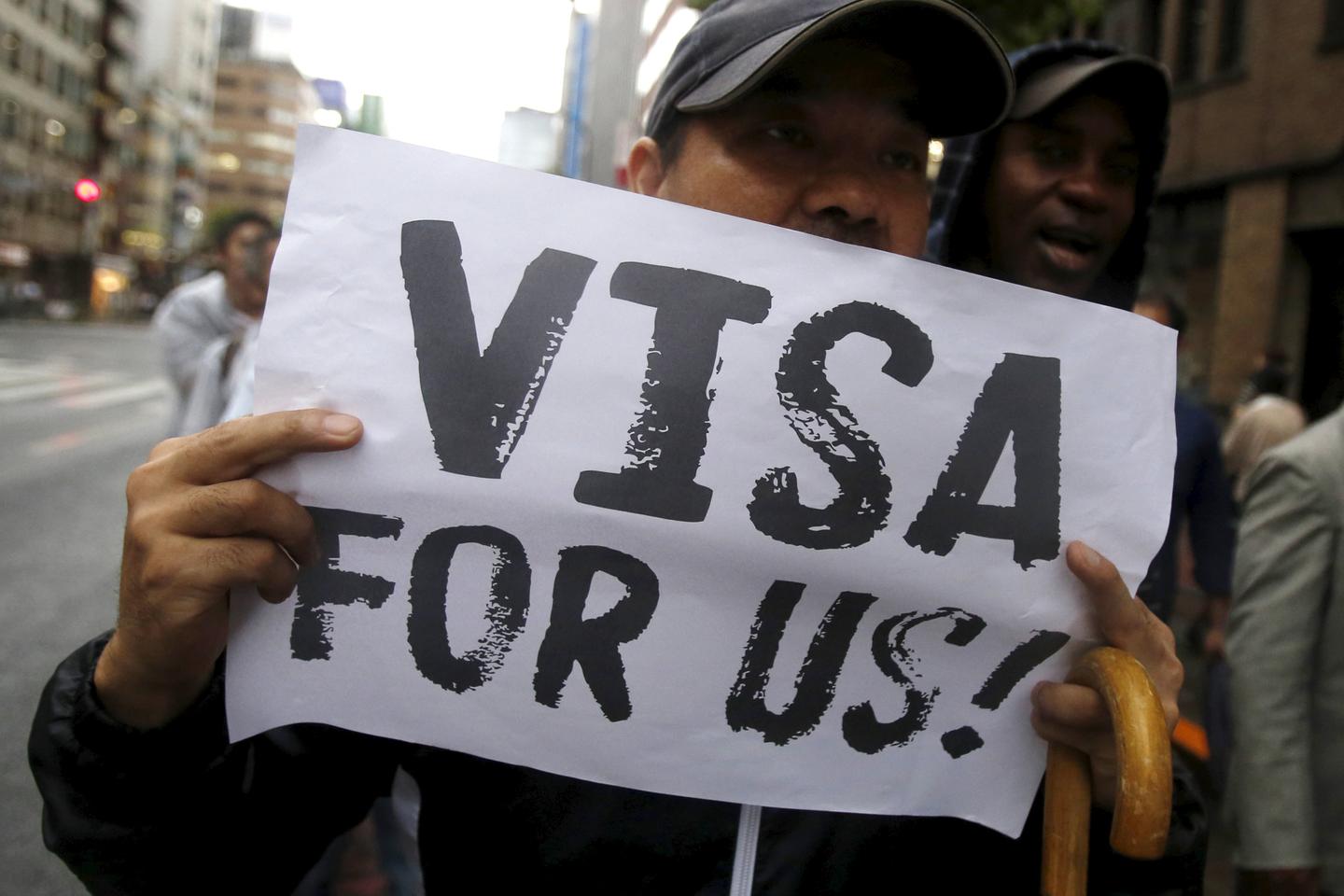


Japan's migration policy, driven by a persistent mistrust of foreigners despite a growing labor shortage, can often be summed up as "one step forward, two steps back."
The reform of entry conditions for asylum seekers went into effect on June 10, speeding up processing and facilitating the deportation of those whose applications were rejected. The March revision of the framework for "technical trainees," reserved for young foreigners wishing to train in Japanese companies, provides better protection but also withdraws permanent resident status from those who commit a serious crime – assault, theft, breaking and entering, or failing to pay taxes.
Organizations denouncing a double penalty were met with little response. Japan's Minister of Justice Ryuji Koizumi was able to stress the importance of "cracking down on those who break the rules" in order to "create a society where Japanese and foreigners respect each other."
To say that the subject of immigration remains sensitive in the country, which has been facing a growing labor shortage since the 1970s, would be an understatement. Glenda Roberts, of Tokyo's Waseda University, even speaks of a "taboo of the 'i-word'," as if people were reluctant to pronounce it.
On May 24, Prime Minister Fumio Kishid quoted former head of government Shinzo Abe from a 2018 policy speech. "In order to preserve the country, the government has no intention of adopting a so-called immigration policy by accepting foreigners and their families without imposing limits on their stay."
A last resort policy
In the 2020 article "Keeping the Door Closed," published in the Electronic Journal of Contemporary Japanese Studies (EJCJS), Chris Burgess of Tsuda University (near Tokyo) wrote, "The strong persistence of the 'no immigration' principle can be explained by the narrative of homogeneity."
Earlier that year, per AP News, the highly nationalistic Deputy Prime Minister Taro Aso, forgetting that the Archipelago is home to minorities such as the Ainu and Koreans, said, "no other country has lasted two thousand years with a single language, a single ethnic group and a single dynasty."
Derived from this idea is the perception – well-founded or not – of immigration as a destabilizing factor in a country attached to its security and stability. The media regularly report on problems abroad, such as the riots in France in July 2023 or the sexual violence against women in Cologne on New Year's Eve 2015 after Germany welcomed 1.1 million refugees.
"Considering the seriousness of the immigration problem in Europe and the United States, the choice Japan has to make is clear," wrote Zakzak Hiroshi Ohara of the Institute of Human Economic Sciences, in August 2023. "When you invite someone into your home, you have to make sure they respect the rules of your house."
You have 48.62% of this article left to read. The rest is for subscribers only.
